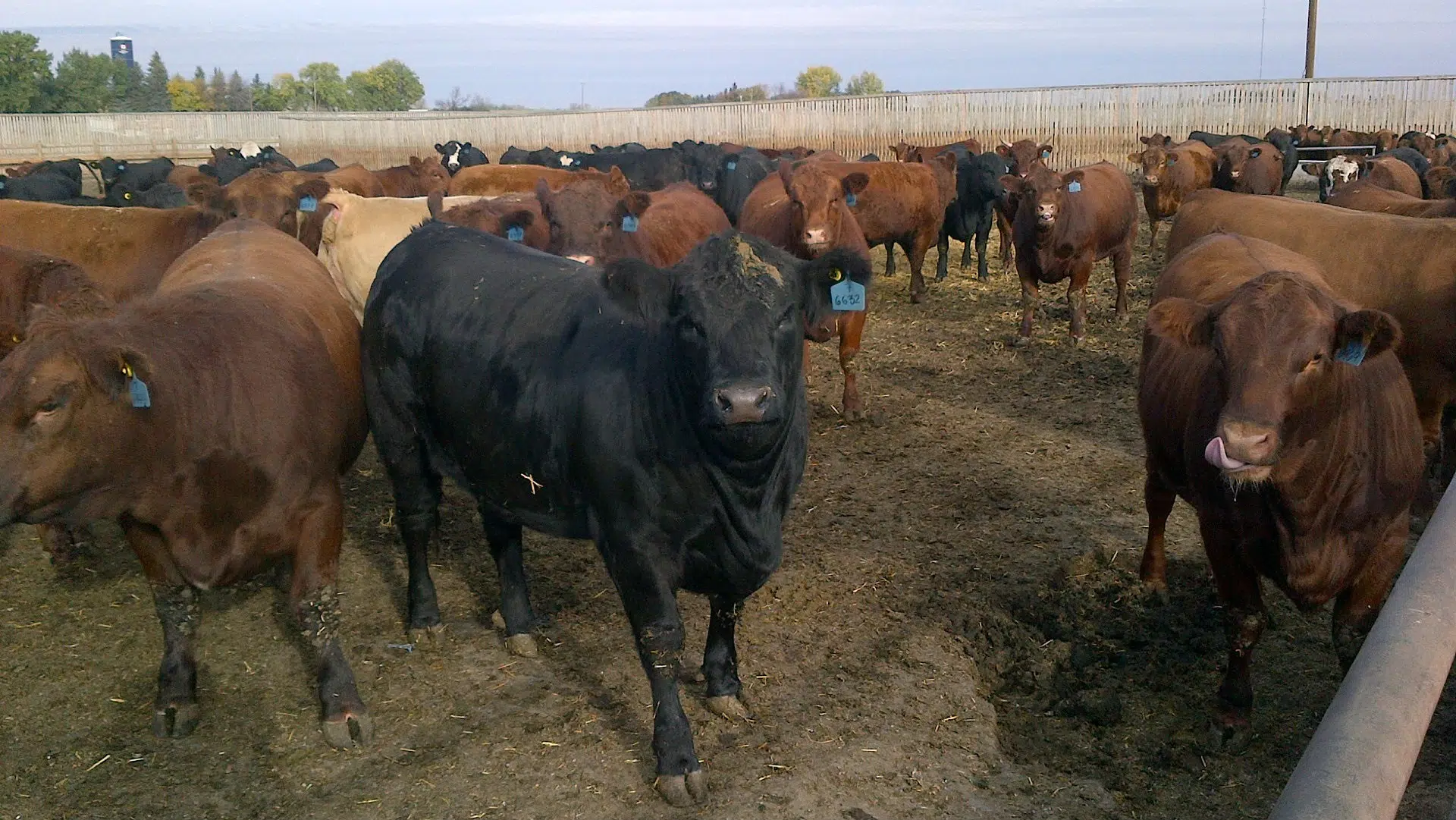
Court sides with Lethbridge County over feedlot head tax
LETHBRIDGE – Feedlot operations in Lethbridge County are considering what to do next, following a court decision maintaining the County’s Business Tax, also known as a head tax.
Justice Rodney Jerke issued his ruling on Apr. 20, finding that the per-animal-unit tax is legal.
The case went before the Court of Queen’s Bench in 2016, when a group of feedlots came together, asking that the Business Tax – $3 per head in 2016 and $2.50 in 2017 – be found invalid.
While Justice Jerke allowed the Business Tax, he did find another measure – the Special Tax on farmland and grasslands – was invalid, as it was more of a general tax and the money collected was not designated towards specific projects.


